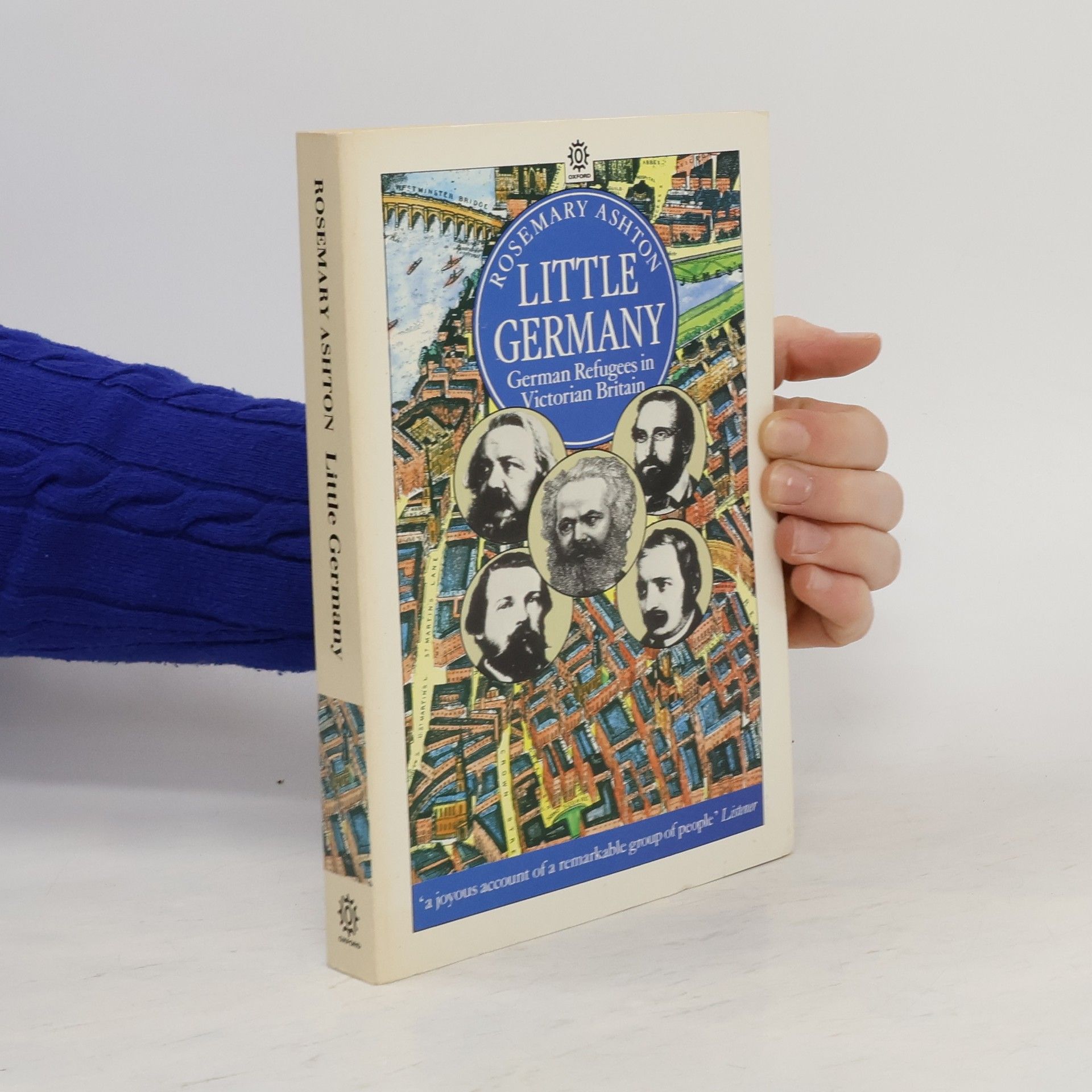In the mid-19th century, England became the home of a group of German exiles seeking refuge from political repression in their own country. The group--which included Karl Marx and Friedrich Engels, Friedrich Althaus, Lessner and Eccarius, and the remarkable Johanna Kinkel and Malwida von Meysenbug--shared a common quest for political freedom. The outcome of their search, and the exiles' ability to come to terms with it, is the subject of this book. Drawing on a rich store of letters, memoirs, and articles written by the exiles, Ashton lucidly charts the fortunes of this diverse group and presents a new perspective on Victorian England through the eyes of foreigners seeking asylum there. Their views of English liberties and restraints, fairness and prejudice, and tolerance and tradition in matters of politics, religion, class, and sexual relations offers an unusual insight into Victorian life.
Rosemary Ashton Volgorde van de boeken (chronologisch)
Rosemary Ashton is Emeritus Quain Professor in Engelse Taal en Letterkunde. Haar wetenschappelijke werk duikt diep in literaire geschiedenis en cultuur, waarbij ze de evolutie van literatuur en haar weerspiegeling van maatschappelijke verschuivingen onderzoekt. Ashton brengt een diepgaand inzicht en analytische scherpte in de studie van literaire werken. Haar expertise ligt in het verbinden van teksten met hun bredere historische en culturele contexten, wat lezers een rijker begrip van hun betekenis biedt.
